M B Shetty
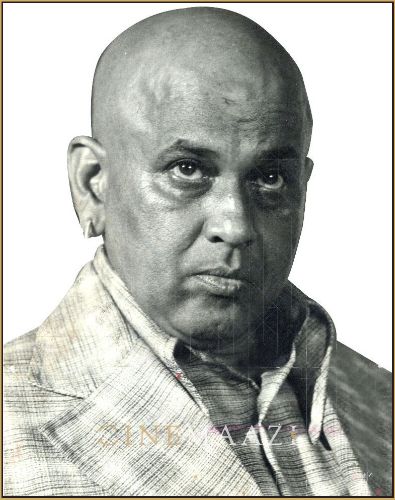
Subscribe to read full article
This section is for paid subscribers only. Our subscription is only $37/- for one full year.
You get unlimited access to all paid section and features on the website with this subscription.
Not ready for a full subscription?
You can access this article for $2 , and have it saved to your account for one year.
- Real Name: Muddu Babu Shetty
- Born: 1939 (Mangluru)
- Died: 23 January 1982
- Primary Cinema: Hindi
- Spouse: Vinodini Shetty, Ratna Shetty
- Children: Rohit Shetty
With an imposing physique, impassive countenance, and piercing eyes, when Shetty’s face filled the screen, a thrill would run through the audience. Fight scenes on screen seemed incomplete without his presence, but his onscreen credits were rivaled by his offscreen roles as fight composer or stunt supervisor. Despite the high-risk nature of his job—he often broke bones and sustained severe injuries—Shetty continued to work over a period of 25 years and contributed to nearly 700 films.
Born in 1939 in Mangalore, Muddu Babu as a child could not concentrate on his studies at all. His father, a farmer, had a meager income, and so he sent his nine-year old son away to Mumbai to live with a relative. Within a few days, Shetty was employed to wash dishes at Hotel Punjabi on Lamington Road.
When he was 16 years old, Shetty secured a job as a waiter at the canteen of Tata Mills in Sewri. At this mill, the workers would engage in boxing bouts for recreation in the evenings, and Shetty started learning how to box with them. He took to it like a duck to water, soon winning the boxing competitions conducted amongst them. The next year, he won the Mumbai Boxing competition as well. Through a fortunate twist of fate, the two friends Baburao Pahelwan, actor and stuntman, and Bhagwan, the actor-producer-director, happened to attend one of these competitions. Impressed by Shetty’s demonstration of his skills, Baburao Pahelwan invited him to work in films. The very next day, he turned up at Jagriti Studios and shot a fight sequence where he squared off against Baburao Pahelwan. He was paid 200 rupees, a large sum at the time for a man who had been employed as a waiter. He could not believe himself, and decided to work towards getting more such opportunities, making the famous stunt director Azim Bhai his guru. He also shortened his name to the catchier ‘Shetty’.
He soon appeared as an actor in a host of films like Tumsa Nahin Dekha (1957), Detective (1958), Taxi Stand (1958) and Qaidi No 911 (1959). He was set to be launched as a hero in Salamat Raho, slated to come out in 1959, with Persis Khambatta playing the lead opposite him. However, shooting for this film was halted after a few reels.
After 1960, there was no dearth of offers for Shetty. He worked in Hindi as well as in a few Kannada films. During the filming of An Evening in Paris (1967) and Night in London (1967) director Shakti Samanta offered him a role in a film, provided he shaved his head. The film was however never made but his look became quite popular among the audience and remained his trademark for the coming years. Though he was a talented stunt director and actor, his pronunciation in Hindi was somewhat lacking, keeping him from playing major roles as a villain. Even so, he enjoyed extended screen time in some films such as Lalkar (1972), Kahani Kismat Ki (1973), Shankar Dada (1976), Fakira (1976), Shalimar (1978) and Don (1978). Among the numerous actors he worked with, as a stunt director, his best collaborations have been with Shammi Kapoor, Vinod Khanna, Dharmendra, Sanjay Kapoor and Shashi Kapoor as he himself claimed. His collaboration with Shammi Kapoor lasted for more than a decade, working on films like Gul Sanobar (1953) and Andaz (1971).
The stunt director’s job was often a life-threatening one and Shetty is believed to have gotten around 40 fractures in a career spanning over 25 years. During the shooting of the 1980 film Bombay 405 Miles starring Vinod Khanna and Shatrughan Sinha, Sinha’s stunt double Mansoor met with an accident and died on the sets of the film. Shetty took the blame for the accident on himself and took to alcoholism. Shetty’s various injuries began to plague him as age set in, and he had to rely on his wife’s income as a dance teacher for survival. On 23 January 1982, Shetty met his demise.
-
Filmography (102)
SortRole
-

Aaj Ke Sholey 1985
-

Heeron Ka Chor 1982
-
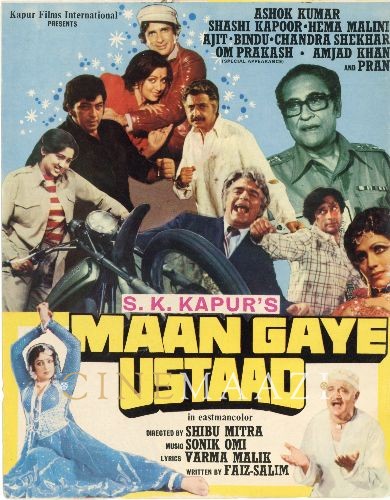
Maan Gaye Ustaad 1981
-
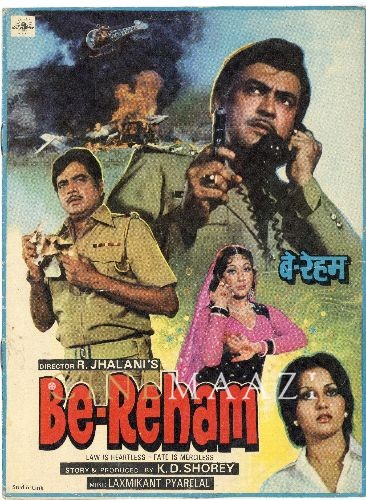
Be Reham 1980
-

Garam Khoon 1980
-
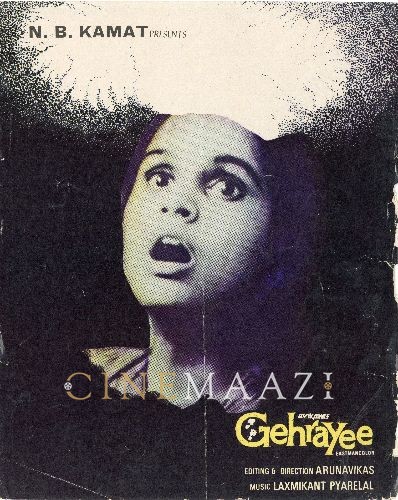
Gehrayee 1980
-
Gehraai 1980
-
Santo Banto 1979
-
Heera Moti 1979
-
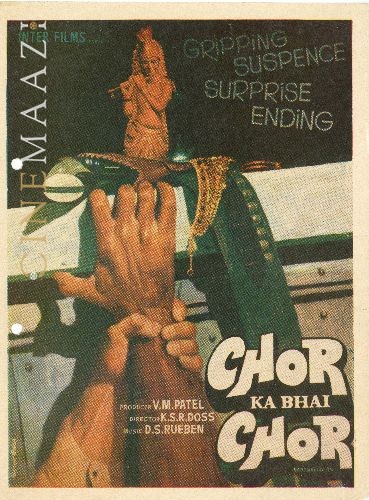
Chor Ka Bhai Chor 1978
-

Phaansi 1978
-
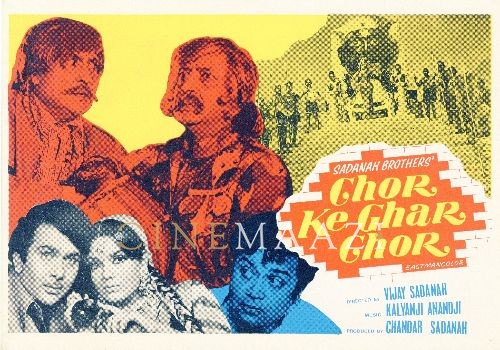
Chor Ke Ghar Chor 1978
-



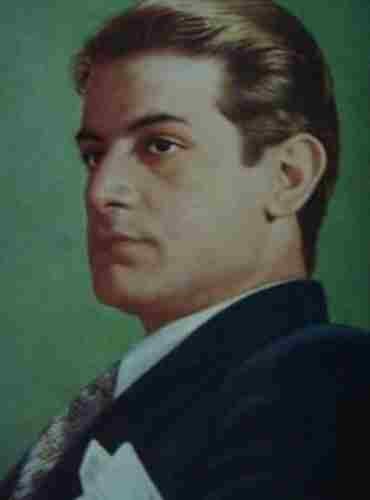

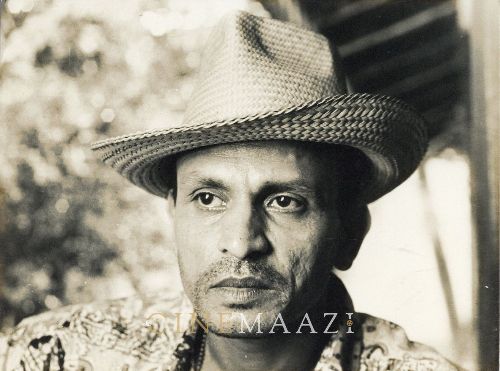
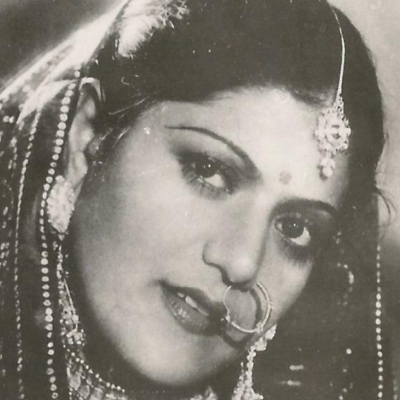

.jpg)



